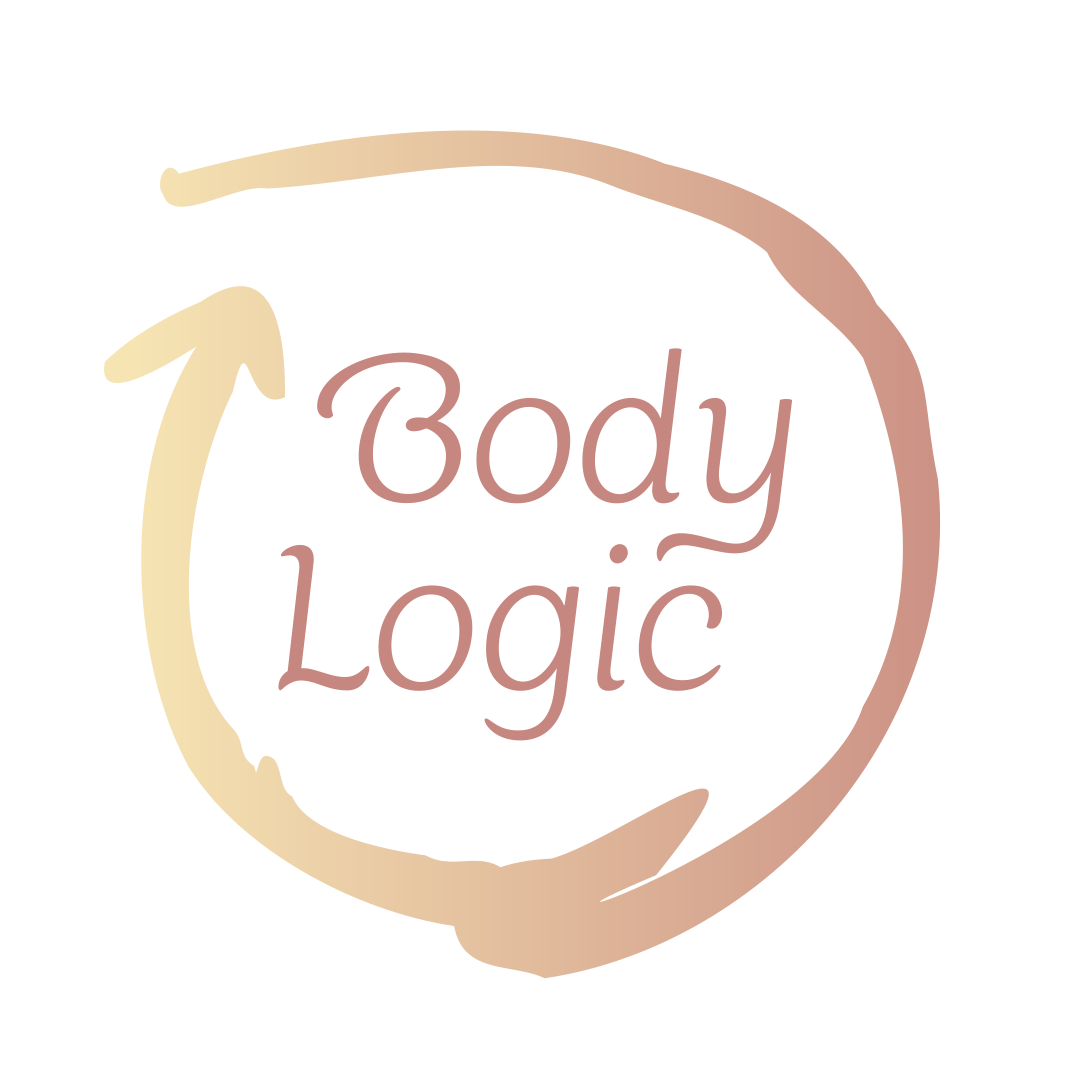One of my great inspirations is the work of Raymond (Ray) Peat, Ph.D. He had a unique perspective on women's health and wrote articles, books, gave interviews and corresponded with people via email. He inspired me to start my own practice, as an independent doctor for women. He died on 24 November 2022 at the age of 86.
Who was he? In this article, I will tell you about his background. Who he was, his vision and how he inspired me as a doctor.

Ph.D. in Biology
In 1972, at the age of 35, he obtained his Ph.D in Biology, specialising in endocrine physiology. During his Ph.D, he researches the characteristics of uterine ageing in hamsters. Raymond looks at uterine metabolism and the hormones progesterone and oestrogen. He delves into all scientific articles ever published on oestrogen. Not a harmless 'female' hormone it turns out, but a hormone which contributes to ageing. This hormone never left his mind and would continue to pop up in his many articles, books and interviews that would follow.
After completing his Ph.D, he turned his back on science as a participant. He does not pursue a career as a scientific researcher. But he continues to use and criticise science. He does not become a scientist, but a science critic and develops a unique view and understanding of metabolism, hormones and the thyroid.
Books, Ray Peat's Newsletter, website and interviews
After his PhD, he further studies the interactions between nutrition and hormones. He writes a total of five books and more than 400 articles. In 1976, his book 'Mind and Tissue' is published, a small book on the Russian scientific view of brain research. He travelled to Russia by boat for it. In 1980, his book 'Nutrition for Women' comes out because he was surprised and frustrated by the nutritional advice given to women at that time. The book is now 40 years old, but it certainly still contains some surprising insights. Salt bad during pregnancy? No right essential he argues in this book. I wrote a article about it.
Other books follow such as 'Generative Energy', 'From PMS to Menopause' and 'Progesterone in Orthomolecular Medicine'. Articles he publishes first in a Townsend Newsletter, a newsletter addressed to doctors and therapists in his area. He eventually published his own newsletter in the late 1990s, the Ray Peat's Newsletter, many of which remain on his website*. Since 1996, he has given more than 200 radio interviews on a variety of topics, from autoimmune diseases to fertility to cancer.
*His website is outdated, but there is a plan to renew it.
Nutritional advice from Ray Peat
After completing his Ph.D, he started giving nutritional advice to people. In person and by giving classes. He tells people how to increase their energy, combat ageing and tackle their thyroid issues. His ideas continue to evolve over time. Eventually, he switched to email and answered questions from people all over the world. He asked for no money for his time - generous as he was.
Although there is a lot going around on the internet about the 'Ray Peat Diet', there was never a Ray Peat diet or protocol. He certainly had general principles and inspired women, for example, to have a daily 'raw carrot salad' for their hormone balance. The term and hashtag 'Pro-metabolic' was also inspired by his views. But ultimately, he was all about continuing to think and feel for yourself what works for you. 'Perceive, think, act'.
The vision of Ray Peat
His vision? 'Health is all about your metabolism, to be precise: the ability of your cells to produce energy. ''Energy and structure are interdependent' he wrote. Energy builds a cell, an organ, a human being, his thinking, his whole health. 'What could be more important than energy?,' he argued. In ageing and many chronic diseases, the ability to make energy declines. Healing and countering age-related diseases, he said, is all about improving our potential to make biological energy. So increasing our energy and metabolism. That is what we should be researching. And fortunately, this has been happening more and more recently.
From reductionism to holism: nitric oxide as an example
His vision is also characterised by holism rather than reductionism. Take nitric oxide, a vasodilator. Would you want to increase this substance if you knew it is also involved in cardiovascular disease and Alzheimer's disease? To see the substance purely for the function it has - a vasodilator, that is - is to forget that this substance exists in a complex body. Evolutionarily, it has a role (it is a very old substance) and it is connected to all sorts of other systems. Simplistically increasing a substance, whether you do it through mainstream medicine with Viagra or through orthomolecular medicine with L-arginine: that is reductionism.
Ray showed me that it's not about the vasodilatory function of nitric oxide, it's about its role in the whole system. If we don't understand that role, consciously stimulating it is - quite foolish actually. We don't know whether we are not unintentionally stimulating something else as well... A good understanding of physiology, the functioning of all the systems in our body, was therefore important to him.
He wrote that nitric oxide inhibits the use of oxygen by the cell. If that is so, then you can open the vessels so much, make oxygen flow through your body so fast, but if the cells cannot then use the oxygen - you end up with nothing at all (for your health at least).
More than a critic
He had in-depth knowledge of many other substances and hormones in our bodies. He makes connections, goes back to the origin of a hormone and leaves you in awe. Not only was he knowledgeable about science, but also philosophy, psychology, politics and history. He was incredibly well-read. He also painted and wrote: 'If physicists and biologists learn to see the world in a lively way by exercising the power to paint, they will learn to prevent the atrophy of their critical powers.' Funny isn't it?
Inspiration
I discover his work in late 2012 and am immediately fascinated. Initially, I devour his articles and interviews. These are sometimes a bit difficult to reconcile with the knowledge I am gathering while studying medicine - which I start in 2013. Only later do I try out his ideas on myself, and 10 years later I put them into practice as a doctor. His insights provide depth and a basis for experimenting - calmly and safely - with changing your diet and lifestyle. Read more about my vision here. I am incredibly grateful to have come across his work. He is one of the giants on whose shoulders I stand.
Further reading and listening
Collection (not quite up to date) of all his work


